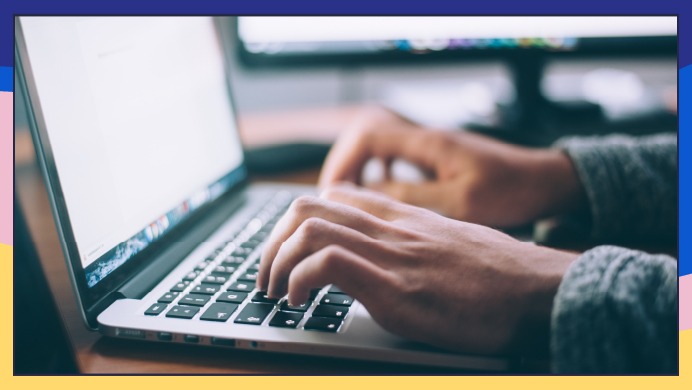The first session I attended at ATD ICE after the Opening Session was a panel on the Science of Learning. The panel was facilitated by Justin Brusino (@atdSciLearn, @atdLearnTech) and included Sebastian Bailey (@DrSebBailey), Julie Dirksen (@usablelearning), Karl Kapp (@kkapp), Alice Kim (@AliceSNKim), and Art Kohn.
First of all, great panel format. Each speaker had a chance to talk about a certain topic and had plenty of time left for Q&A at the end. I don’t care much about the panels that have only Q&A, because it is hard to keep track of a consistent thread. This way, we got some really cool information, which inspired deeper follow up questions. Kudos to Justin Brusino for putting it together.
The topics were all around the way our brain receives, stores, and recalls information; the forgetting curve; and, more importantly tips on how to account for brain science when designing learning. Let’s look at some of the topics shared.
Julie Dirksen tells us that “paying attention” is the brain’s way of allocating resources. We learn and retain information based on the reward principle. If the reward is abstract or too far into the future, our brain doesn’t feel it wise to allocate immediate resources in order to achieve this reward. For learning, the natural reward is using/applying the information learned. From a design perspective, then, we need to teach what we need to use when we need to use it. “Just in time learning,” but also useful. With this in mind, ask some questions when designing learning:
- Is the new behavior/information you are teaching truly useful? - not just to the organization, but the individual we are asking to change.
- If it is useful, how will the learner know? - are there some compelling case studies that can be used to demonstrate the impact?
- Is it easy to implement? - even if the benefit is clear, if using the new process/behavior/information is cumbersome, the change will not happen efficiently.
For a lot more useful information, check out Julie’s book: Design for How People Learn.
Art Kohn reminds us that within an hour from a learning event, we forget an average of 50% of the information. What??? No wonder I can’t remember everything he said in his talk. :-) Unfortunately, it is true. Hence, long gone are the days (or they should be) of a five days instructor-led training class, followed by… nothing. Booster learning is what’s needed, says Art. Teach what the learner absolutely needs to know, then follow it up with short “boosts” - quizzes, videos, simple questions - to train the brain to recognize the information learned as useful and to maintain it for easy recall.
Alice Kim discusses ways of “encoding” the information or associating the new information with existing knowledge or imagery. We all have our own experiences, but I know that I associate very dry information (like engineering topics) with images and smells. Also, practice and application add to the encoding and makes the information readily accessible. Alice also studies the “spacing effect” and conducts a series of research using “event-related potentials” (ERPs).
For me, the main take away from Karl Kapp’s short presentation was that “what happens in a story, happens in your brain.” Basically, there are different parts of our brain responsible for different parts of the story like characters, goals, action. These brain regions are also responsible for tracking the actual involvement in similar real life activities. Hence, the learner understands the story by simulating what happens in the story. Studies have shown that learners involved in serious games, learn more, retain more and apply the information easier. Needless to say, Karl focuses on learning games, storytelling and active learning.
To close the loop, Sebastian Bailey talked about priming in support of learning and increased retention. Everyone is different, though, so when designing priming training, we have to take into account the individual mindset and anchor the learning’s main trigger to the priming piece. Emotional intelligence, bias, visualization and more at Mind Gym.
As you can tell, the science of learning is a hugely rich subject and I know I am not doing it justice here. I hope that it will inspire everyone to learn more. I know I will.







